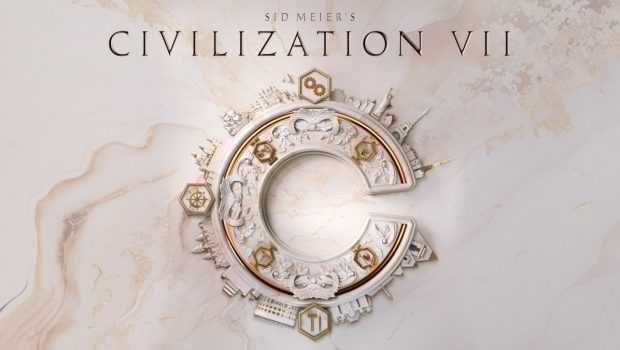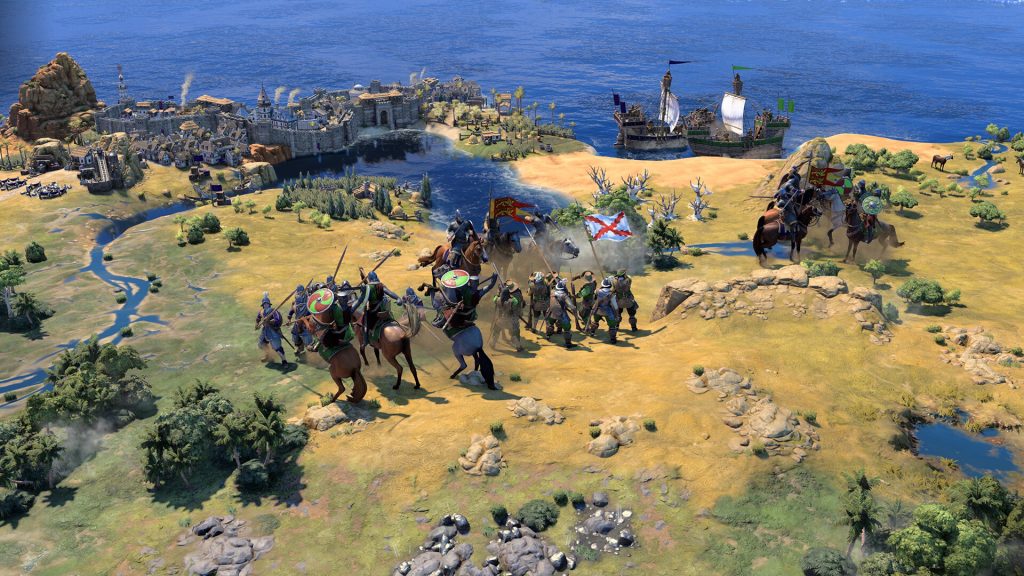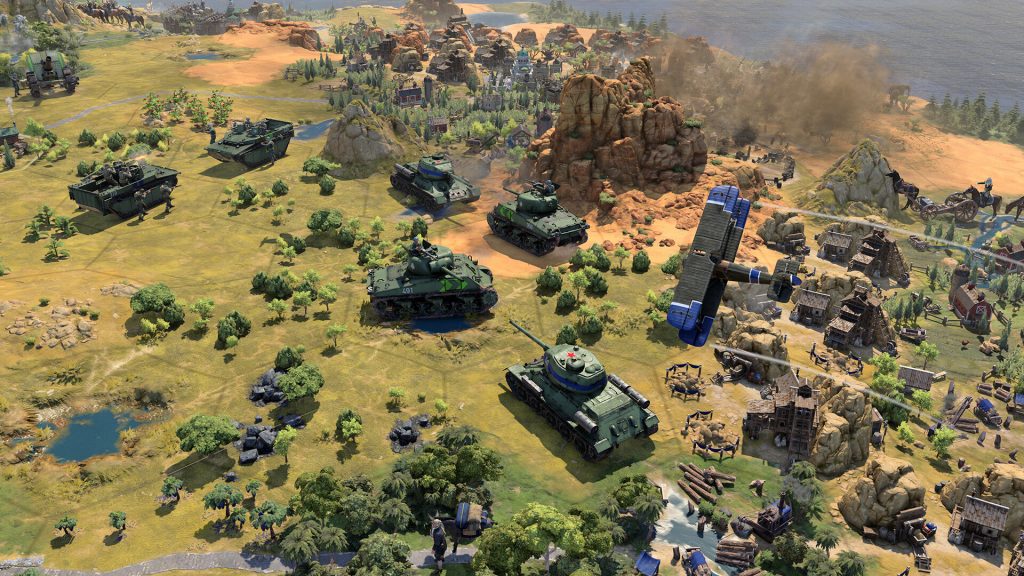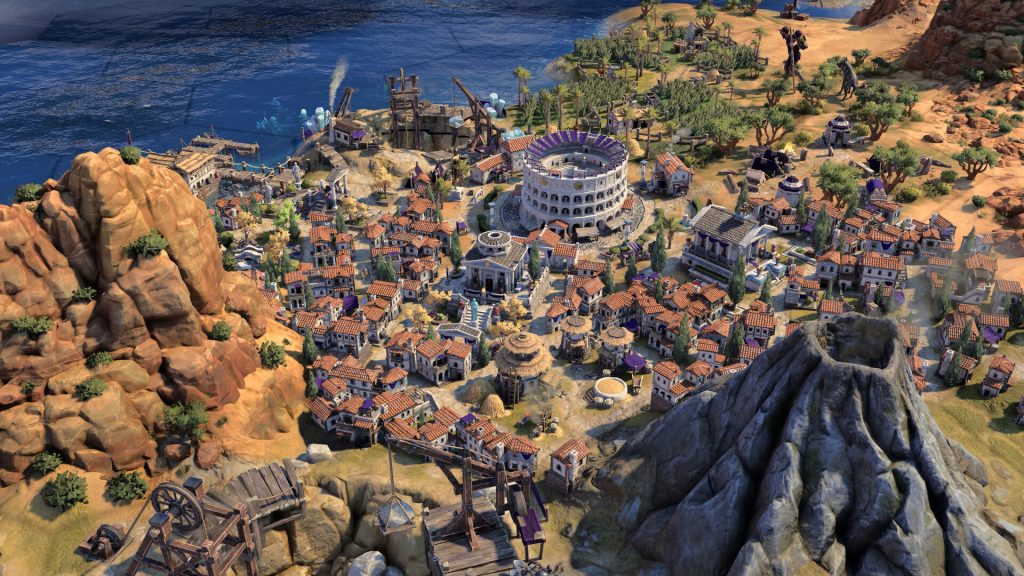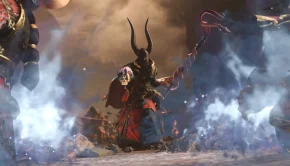Civilization VII PC Preview
The latest entry in the long-running Civilization series is nearly upon us. Ahead of its February 11th release, I got to take Civilization VII for a spin and see how this new instalment to the franchise is shaping up.
Developed by Firaxis Games once again, Civilization VII features some note-worthy changes and additions that stand to set it apart from its predecessor. Perhaps the biggest and most obvious change to the formula is the complete re-working of the game’s eras.
Civilization VI had nine eras to progress through, starting with the ancient era and progressing to the modern era and beyond, into the future. The transition between these occurred when specific technologies became available through research. This is no longer the case, Civilization VII reduces the era count from nine to a mere three – Antiquity, Exploration, and Modern.
At the start of one of these new eras, a series of goals become available, each linked to the typical victory conditions synonymous with the series, science, culture, military, etc. Players are free to choose which they want to pursue, even changing it up as the eras progress. It’s a stark change from the established structure. Each of these new eras is longer than before, taking on average a couple of hours to get through at a time.
Along with this, leaders and civilizations themselves have been altered. Previously, any given faction had its own leader. Abraham Lincoln led America, Cleopatra commanded the Egyptians, and Elizabeth I oversaw the aspirations of the English, for example. This is no longer the case. Leaders can now take charge of other civilizations, for example in my first game I assumed the role of Benjamin Franklin, but rather than leading the United States to victory, I took control of ancient Rome.
Leaders are further changed by the addition of a levelling system of sorts. Challenges are completed while using a leader which in turn grants experience points, levelling up both that leader and a global player level. Completing these challenges grants access to ‘Mementos’ – small buffs to leaders’ powers. These range from increased diplomatic power and increased gold reserves, to combat and city upgrades. With over 90 to unlock, the system should give players something to strive towards for a long time.
Town and city management has been changed slightly. Workers are gone, and cities no longer automatically expand as they grow, now giving the player a choice of where to advance the bounds of their empire each time. Civ VI’s controversial district system (my biggest gripe with the game) has been simplified and any two buildings can be placed down on a given tile.
This is by no means an exhaustive list of changes; most are far more subtle and may only be noticed by the more hardcore Civ players. After around 15 hours with Civilization VII, I can say that it feels like a more streamlined version of VI to me, a mid-point between V and VI.
Whether or not that sounds like a good thing to you is largely going to be determined by your thoughts on those two games. It’s going to divide opinions, either way.
Civilization VII releases on PC and consoles on February 11th.


